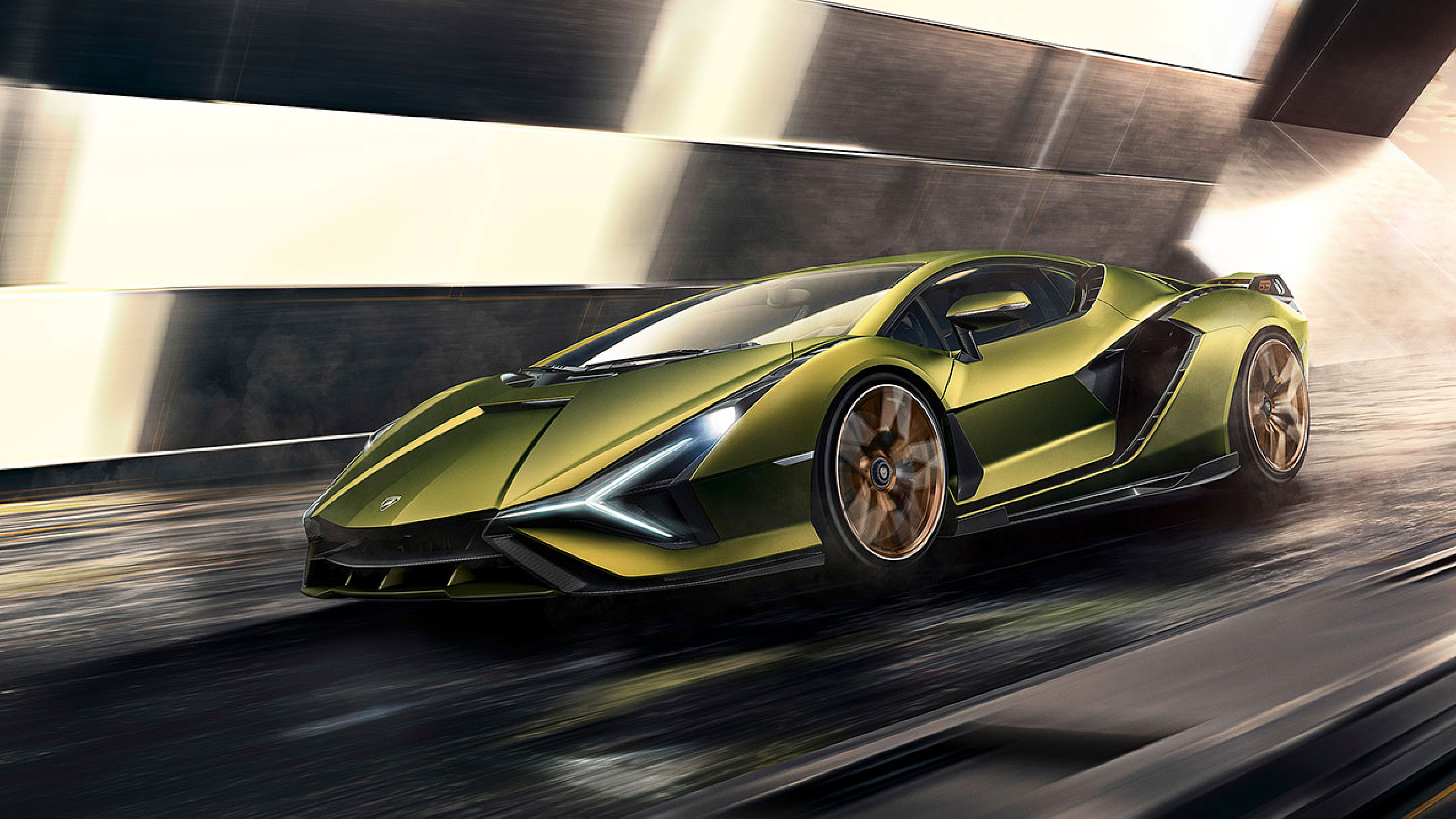Lamborghini is going electric too, but not any time soon
The supercar brand plans to sell hybrids for as long as possible


Is there a car manufacturer that relies more on how its cars sound than Lamborghini? Listen to the V12 of an Aventador blare into life, and the answer is probably no.
This is why – and which we're sure comes as a surprise to absolutely nobody – Lamborghini is keen to produce hybrids for as long as possible, before eventually switching to all-electric.
The Italian supercar maker, which is owned by the Volkswagen Group, says it plans to introduce its first all-electric car in 2028, a full three years after neighbour Ferrari is set to reveal its first EV.
Before then (and for a few years after, too) Lamborghini intends to keep producing battery-assisted engines, likely right up to the point when new internal-combustion engined cars are outlawed, in the middle of the next decade.
Speaking to AutoExpress this week, Lamborghini boss Stephan Winkleman said the firm’s first all-electric car will stand alone and not replace any of the company’s existing lineup. The vehicle will sit alongside the Huracan, Urus SUV and a replacement for the Aventador supercar due next year, and is described as a “fourth model which will be more daily useable. This means a 2+2, two-door car with more ground clearance.”
By adding a pair of small rear seats, likely suitable for children, Lamborghini is set to expand its model lineup by making an EV that isn't related to anything it currently sells.
However, it will be closely related to another car. Winkleman spoke of the EV capitalising on “synergies of the Volkswagen Group,” suggesting the car will make use of the group’s Scalable Systems Platform, which will form the foundations of future electric cars from several brands.
Get all the latest news, reviews, deals and buying guides on gorgeous tech, home and active products from the T3 experts
Just as how the Urus SUV shares its underpinning with the Audi Q8, the first Lamborghini EV could borrow a platform from Audi, or other members of the VW group, which includes Porsche and Bentley too.
Before the EV arrives, Lamborghini plans to bring a modicum of plug-in sensibilities to its outlandish cars, including a plug-in hybrid successor to the Huracan in 2024 and a plug-in version of the Usus SUV the same year. A year earlier, in 2023, we should see a hybrid (but likely not plug-in) replacement for the Aventador.
Until now, Lamborghini’s only electric vehicle is the Sian FKP 37, a car based on the Aventador and which supplements its V12 engine with a supercapacitor instead of a traditional lithium-ion battery pack. The same technology is also used in the limited-edition Countach LPI 800-4.
As for dealing with the inevitable weight gain of an electric Lamborghini with a big battery, chief technical officer Rouven Mohr said: “We have some cool ideas to compensate for this…for instance regarding the driving dynamics, the control, the driftability, the driving behaviour in general.”
Alistair is a freelance automotive and technology journalist. He has bylines on esteemed sites such as the BBC, Forbes, TechRadar, and of best of all, T3, where he covers topics ranging from classic cars and men's lifestyle, to smart home technology, phones, electric cars, autonomy, Swiss watches, and much more besides. He is an experienced journalist, writing news, features, interviews and product reviews. If that didn't make him busy enough, he is also the co-host of the AutoChat podcast.
